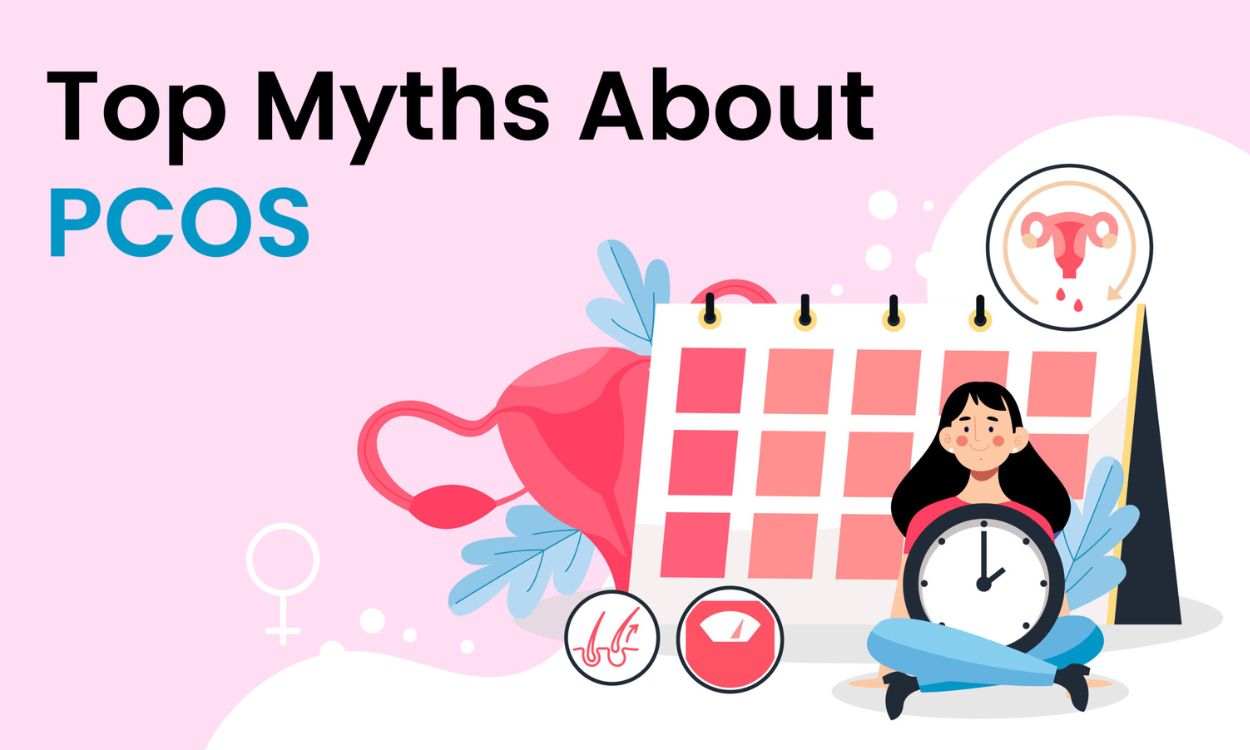Debunking Common Misconceptions About PCOD
Polycystic Ovary Syndrome (PCOS) is a common hormonal disorder that affects women of reproductive age. Despite its prevalence, there are many misconceptions about PCOS that can lead to confusion and misinformation. In this article, we will debunk some of the most common misconceptions about PCOS and provide accurate information to help women better understand this condition.
Misconception #1: PCOS is just a reproductive issue
One of the most common misconceptions about PCOS is that it only affects a woman’s reproductive system. While PCOS can cause fertility issues, it is a complex hormonal disorder that can affect many different parts of the body. Women with PCOS are at a higher risk for developing type 2 diabetes, high blood pressure, and heart disease. PCOS can also cause acne, excessive hair growth, and weight gain.
Misconception #2: PCOS is caused by poor lifestyle choices
While lifestyle factors such as diet and exercise can play a role in the development of PCOS, it is not solely caused by poor lifestyle choices. PCOS is a hormonal disorder that is caused by an imbalance of hormones in the body. Genetics also play a role in the development of PCOS.
Misconception #3: All women with PCOS have cysts on their ovaries
Despite its name, not all women with PCOS have cysts on their ovaries. In fact, the presence of cysts is not necessary for a diagnosis of PCOS. PCOS is diagnosed based on a combination of symptoms, including irregular periods, excessive hair growth, and high levels of androgens (male hormones) in the body.
Misconception #4: PCOS is a rare condition
PCOS is actually a very common condition, affecting up to 10% of women of reproductive age. However, many women with PCOS go undiagnosed due to a lack of awareness and understanding of the condition.
Misconception #5: PCOS can be cured
Unfortunately, there is no cure for PCOS. However, there are many treatments available to help manage the symptoms of PCOS. Lifestyle changes such as diet and exercise can be effective in managing PCOS symptoms, as can medications such as birth control pills and metformin.
If you suspect that you may have PCOS, it is important to speak with your healthcare provider. A proper diagnosis and treatment plan can help you manage your symptoms and improve your overall health and wellbeing.
At Fitpaa, we understand the challenges that come with managing PCOS. That’s why we offer personalized health and fitness plans that are tailored to your unique needs and goals. Our team of experts, including nutritionists, fitness coaches, and doctors, can help you manage your PCOS symptoms and achieve your health and fitness goals. Download the Fitpaa app today to get started on your journey to better health.











